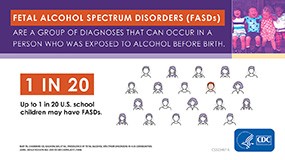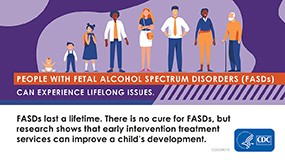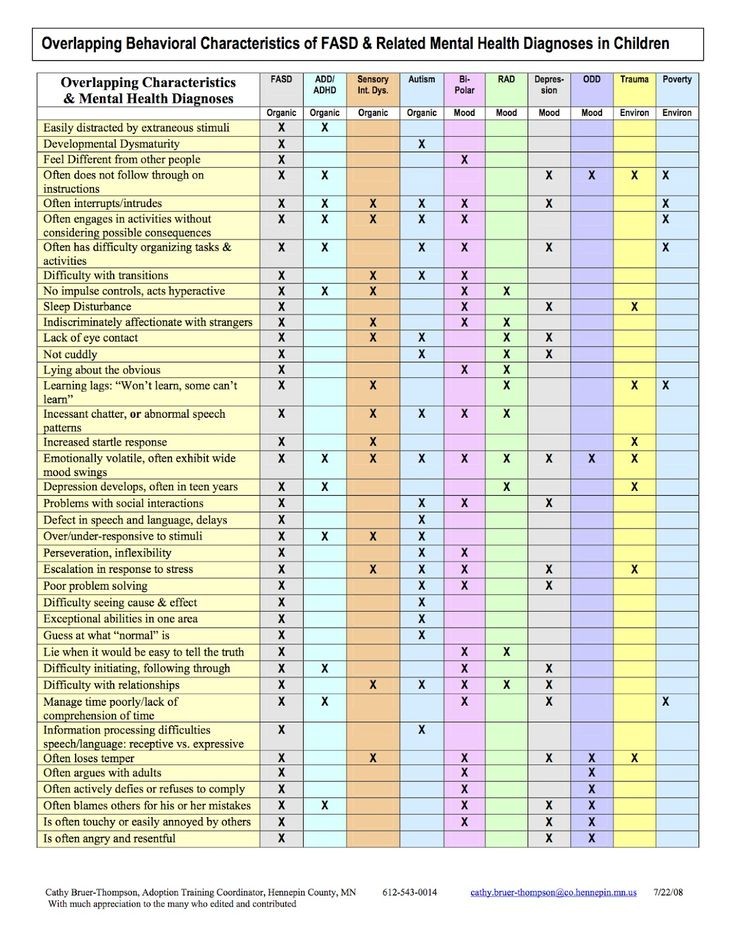
Today we’d like to introduce you to Julia Rivera.
Hi Julia, it’s an honor to have you on the platform. Thanks for taking the time to share your story with us – to start maybe you can share some of your backstories with our readers.
I’m a retired attorney and Air Force Colonel. But by far my greatest challenge has been parenting my adoptive son “Jay,” because we couldn’t understand his many problems at home, school, and socially. Although articulate, intelligent, and generally eager to please, he exploded in violent rages at home with little or no provocation. His school performance appeared well below his abilities, and most peers ostracized him. Traditional parenting exacerbated his issues.
Despite my efforts, and that of many professionals, Jay got worse despite various medications and programs. The public school declined SpEd placement, and a subsequent private school dis-enrolled him for poor peer relations. By middle school, we had consulted 23 medical professionals and completed the 16+ treatment regimes that they recommended. His issues remained, and worsened.
During 7th grade, Jay was finally identified as having Fetal Alcohol Spectrum Disorder (FASD). FASD is the group of diagnoses caused by alcohol exposure in utero. It explained all his issues. It causes neurocognitive impairments and learning disabilities that resulted in Jay’s academic failures. Its regulatory impairments explained his rages. His peer problems resulted from FASD’s perseveration, dysmaturity, and faulty self-monitoring. The years of misdiagnoses and attempted interventions all failed because FASD’s deficits require unique supports.
As is typical with FASD, Jay’s solid IQ and expressive language skills masked his limited adaptive functioning – he functioned at roughly half his chronological age. Thus, he appeared “normal” yet consistently failed to meet age-based expectations.
FASD is a huge public health issue and the most common cause of developmental disability. Research indicates that as little as one drink interferes with fetal development. Alcohol exposure causes far more harm than exposure to any drug, legal or illegal. According to the Center for Disease Control (CDC), damage may occur at any point after conception, including prior to awareness of pregnancy. FASD currently impacts as many as 5% of US students – about twice as many as autism. It impacts many – if not most – of those in a foster and adoptive care.
Yet despite its prevalence, the vast majority of those with FASD are undiagnosed or misdiagnosed. Most doctors lack the knowledge needed to diagnose it. Without diagnosis, appropriate supports are not provided; consequently, the youth often has a grim future including prison, addiction, suicide, and/or homelessness. Only through an accurate diagnosis will those with FASD access appropriate supports and avoid tragic outcomes.
Would you say it’s been a smooth road, and if not, what are some of the biggest challenges you’ve faced along the way?
I am outraged at the massive ignorance surrounding this relatively common disability! Jay’s late diagnosis subjected him to years of unnecessary frustration and chronic failure – an experience that left scars. Jay is now nearly 20 and a high school graduate. Due to the FASD-appropriate support received since diagnosis, he has avoided the grim adult outcomes characteristics of FASD.
Alright, so let’s switch gears a bit and talk business. What should we know about your work?
Together with three other adoptive moms, we founded North Texas FASD Network a couple of years ago. We provide free training on FASD to medical professionals, educators, justice professionals, and families. We are the only nonprofit in Texas specifically dedicated to FASD.
We also advocate for passage of the Advancing FASD Research, Services and Prevention Act (“FASD Respect Act”). Despite the magnitude of the FASD public health crisis, the US lacks a comprehensive national agenda addressing it. In fact, 1 in 7 pregnant women now report using alcohol, according to CDC researchers. This Act will further FASD prevention, diagnosis, research, and services. Please urge its passage to Senators Cornyn (https://www.cornyn.senate.gov/) and Cruz (https://www.cruz.senate.gov/) as well as your Representative (find yours at https://www.house.gov/representatives/find-your-representative).
What does success mean to you?
We succeed as a society when we understand our problems and join together to address them.
Contact Info:
- Website: https://northtexasfasd.org/
- Instagram: https://www.instagram.com/northtexasfasd/
- Facebook: https://www.facebook.com/groups/134348630596826/













